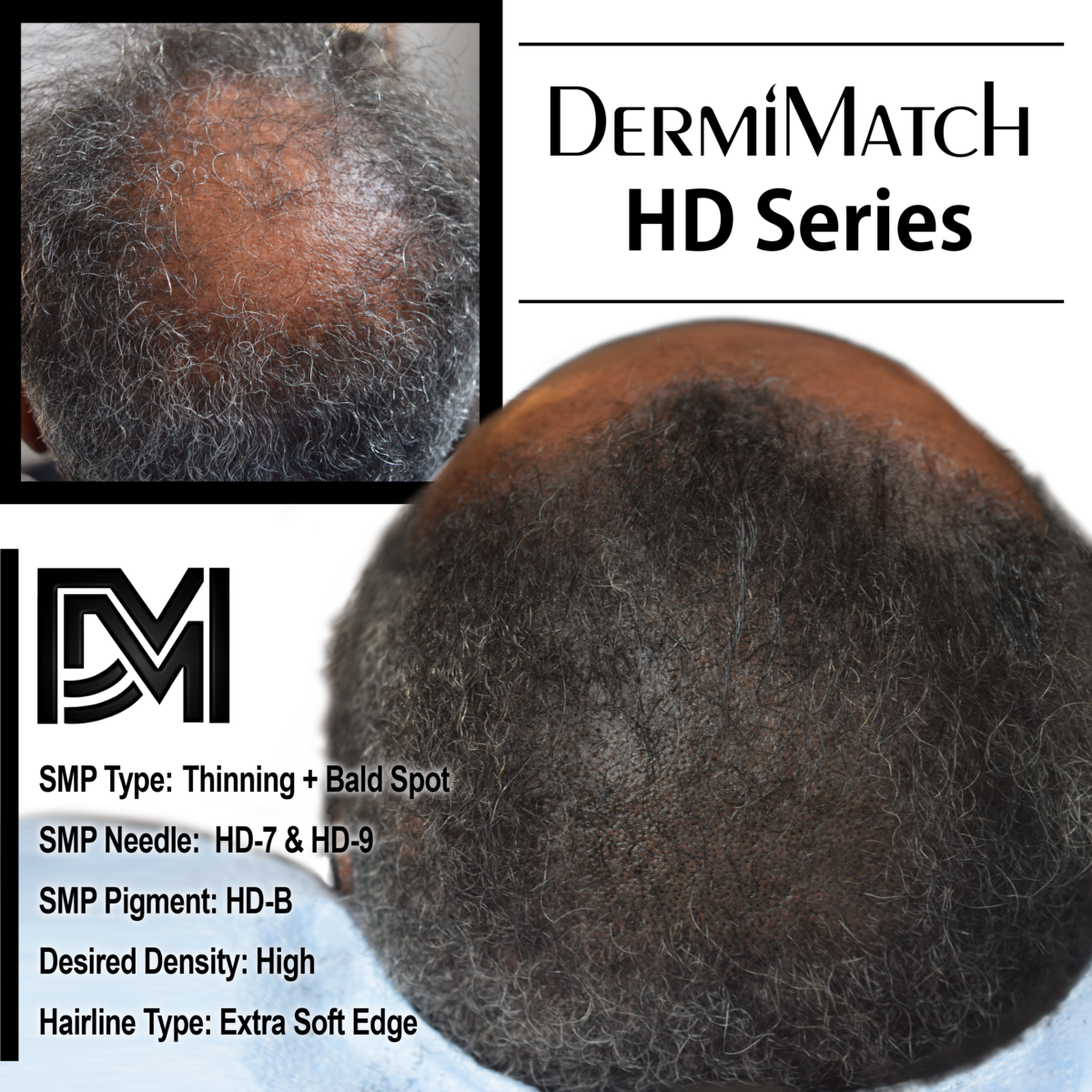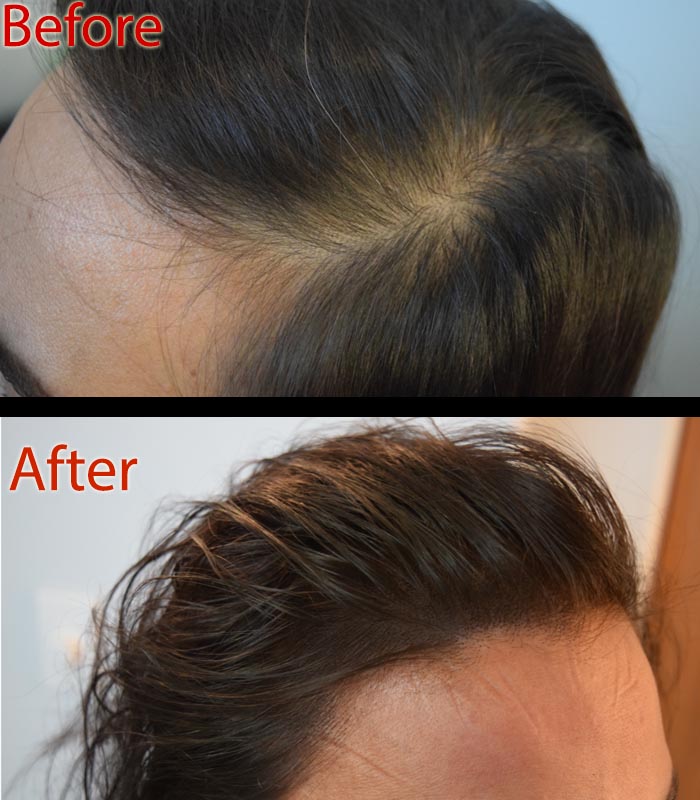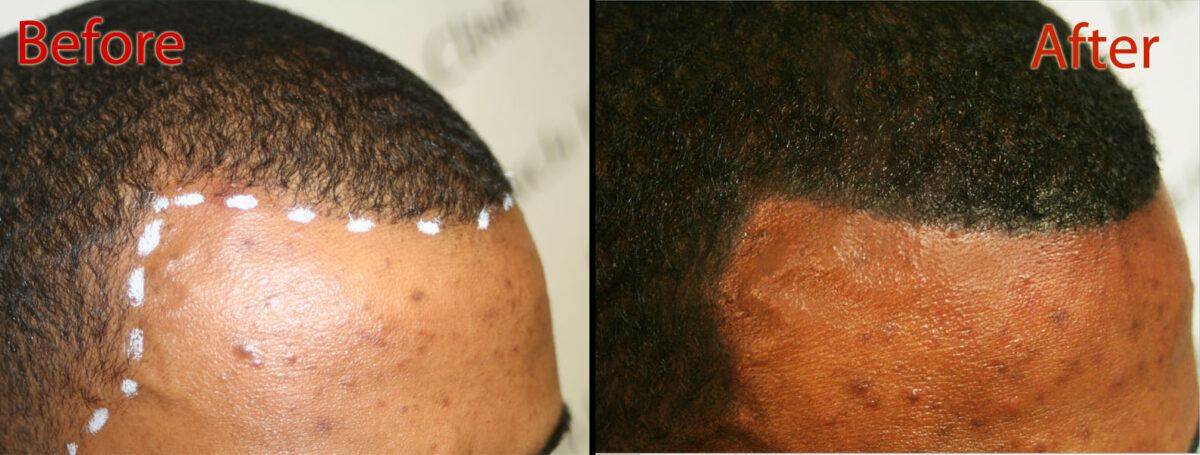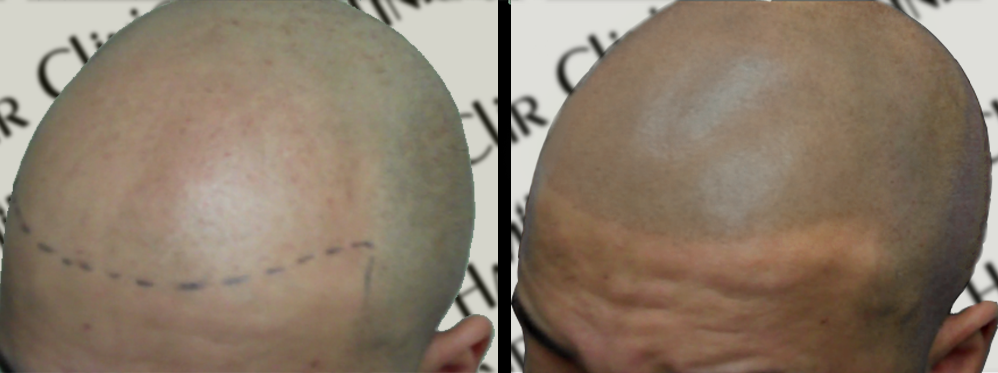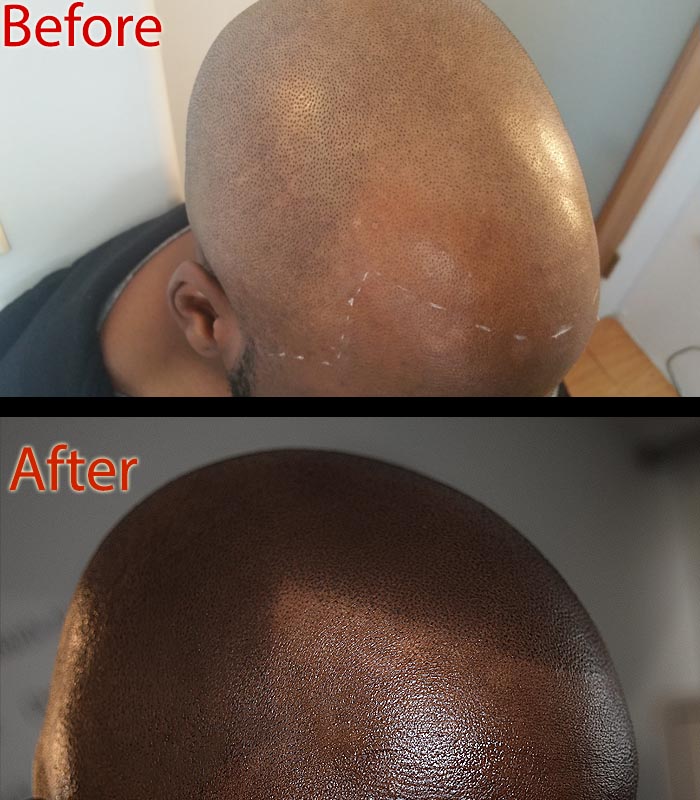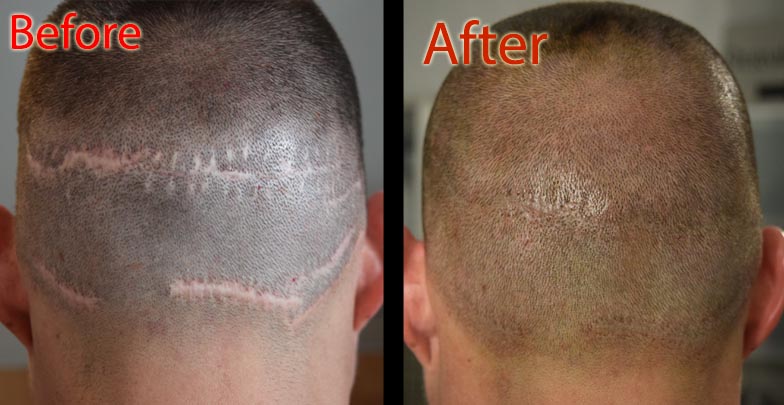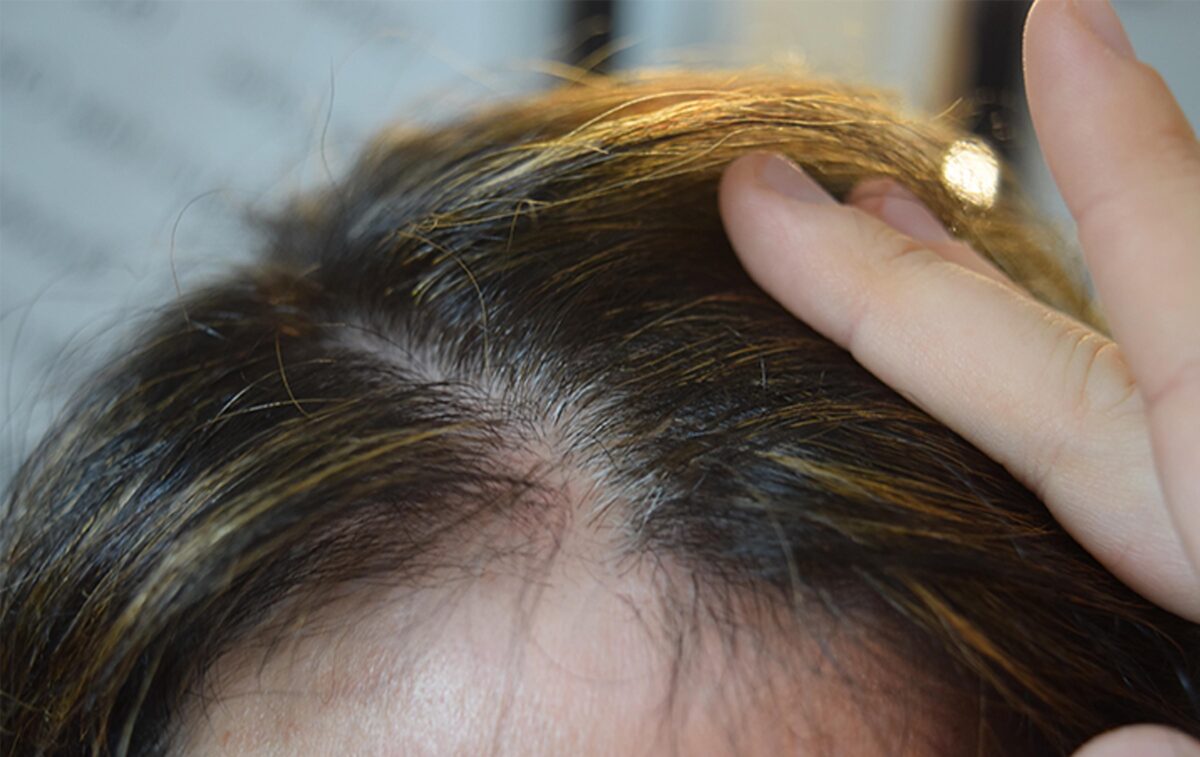Alopecia areata hits without warning. You wake up one morning and find smooth, round patches where hair used to be. This autoimmune condition makes your body attack its own hair follicles. The patches can appear anywhere on your scalp or body. Some people get just one small spot. Others lose hair all over their head or entire body. The unpredictable nature makes it especially hard to handle emotionally. What is the best alopecia areata treatment?
Exploring Alopecia Areata Treatment Options
The visible patches create more than just cosmetic concerns. Studies show that alopecia areata severely impacts quality of life and mental health. People report feeling anxious about going out in public. They worry about others staring at their patches. Social situations become stressful. Work meetings feel uncomfortable.
Many avoid photos completely. The psychological burden often weighs heavily than the physical hair loss itself.
Can Hair Regrow After Alopecia Areata?
Hair can regrow spontaneously in many cases. The follicles remain alive under the skin. About half of the people see regrowth within one year without treatment. But regrowth is unpredictable. Hair might come back different in texture or color. It can fall out again at any time. Some patches never grow back. The uncertainty creates ongoing stress and anxiety for those affected.
Most people start with conventional medical treatments. Doctors often prescribe topical corticosteroids or steroid injections directly into patches. Some try immunotherapy treatments to reset the immune response. JAK inhibitors like baricitinib show promise for severe cases. Minoxidil is recommended for stimulating growth.
Why Standard Treatments Often Disappoint?
Traditional alopecia areata treatment options come with significant limitations. Steroid injections can be painful and require frequent visits. Results take months to appear if they work at all. Topical treatments often show minimal improvement. Oral medications carry serious side effects. Immunotherapy works for some but not others. Success rates vary widely between individuals. Even when treatments work, hair loss can return unexpectedly.
Alopecia areata is fundamentally an autoimmune condition. The immune system can restart attacking hair follicles at any time. Stress, illness, or unknown triggers can reactivate the condition. This makes long-term management extremely challenging. People live with constant worry about future episodes. The cycle of hope and disappointment damages confidence over time.
How Quickly Does Alopecia Spread?
The progression varies dramatically between people. Some develop new patches rapidly over weeks. Others remain stable for years with limited spread. Emotional stress can accelerate hair loss. The unpredictable timeline makes planning and coping extremely difficult. This uncertainty contributes significantly to anxiety and depression in affected individuals.
How SMP Brings Visual Balance and Emotional Stability?
Scalp micropigmentation offers a completely different approach. Instead of trying to regrow hair, SMP creates the visual appearance of hair follicles. Tiny pigment deposits mimic the look of freshly shaved hair. This technique works regardless of whether your natural hair grows back. It provides consistent coverage that masks patches effectively. The result looks natural under all lighting conditions.
Does Scalp Micropigmentation Damage Hair Follicles?
SMP does not harm existing hair follicles or prevent future growth. The pigment goes into the upper dermis layer only. This depth avoids the hair follicle completely. If your hair regrows naturally, it will grow through the SMP dots normally. The treatment actually protects your investment in other therapies by providing coverage during waiting periods.
Why SMP Succeeds When Other Alopecia Treatments Fail?
SMP addresses the visual problem directly rather than fighting the autoimmune condition. It works immediately and lasts for years. The result remains stable even if alopecia progresses. No ongoing medications or painful procedures are required. Most importantly, it restores the appearance of normal hair density instantly. This immediate improvement often provides the confidence boost people desperately need.
The growing popularity of SMP has attracted many tattoo artists claiming they can perform the procedure. This creates serious risks for alopecia patients. Regular tattoo techniques use different needles, pigments, and depths. Poor SMP can look artificial or fade to unwanted colors. Scarring can occur with improper technique.
Always verify that your practitioner specializes specifically in scalp micropigmentation. Check portfolios showing alopecia cases specifically. Ensure they understand the unique challenges of treating autoimmune hair loss conditions.
Luckily, DermiMatch Clinic has years of experience in scalp micropigmentation. Its Arizona scalp experts have worked with thousands of clients, helping them recover from physical and mental trauma caused by hair loss.
Schedule a consultation with top SMP professionals in Arizona now.

